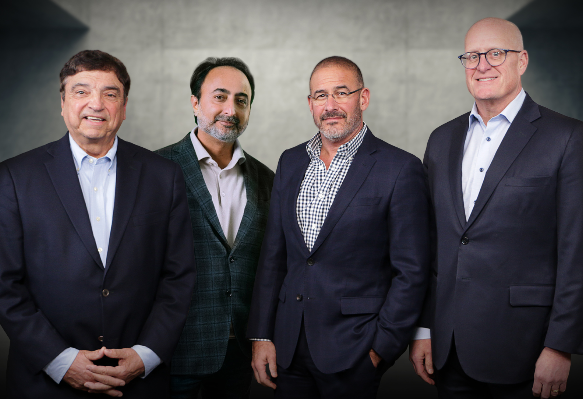Health Watchdogs Challenge Summa-General Catalyst Deal: Ohio AG Urged to Investigate

A proposed $485 million acquisition of Summa Health by venture capital firm General Catalyst is sparking intense local controversy, with community advocates demanding rigorous state-level scrutiny of the deal. Local watchdogs are urging Ohio state officials to conduct a comprehensive review of the transaction, raising concerns about potential legal and community implications.
In a strongly worded letter to the state attorney general's office, advocates are calling for a meticulous examination of the proposed purchase. Their primary concerns center on potential violations of private inurement laws in Ohio, as well as the broader economic and healthcare access impacts on the Akron community.
The proposed acquisition has triggered significant debate about the future of nonprofit healthcare systems and the role of venture capital in managing critical medical infrastructure. Community leaders are pushing for transparency and assurances that the sale will not compromise local healthcare quality or accessibility.
Advocates are specifically requesting a detailed analysis of the deal's valuation and its potential long-term consequences for Summa Health's patients and employees. Their intervention underscores growing public scrutiny of healthcare system transactions and the need for robust regulatory oversight.
As the proposed acquisition moves forward, all eyes are on state officials to ensure that the community's interests remain at the forefront of this significant healthcare transaction.
